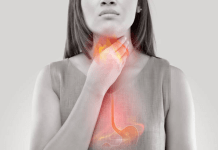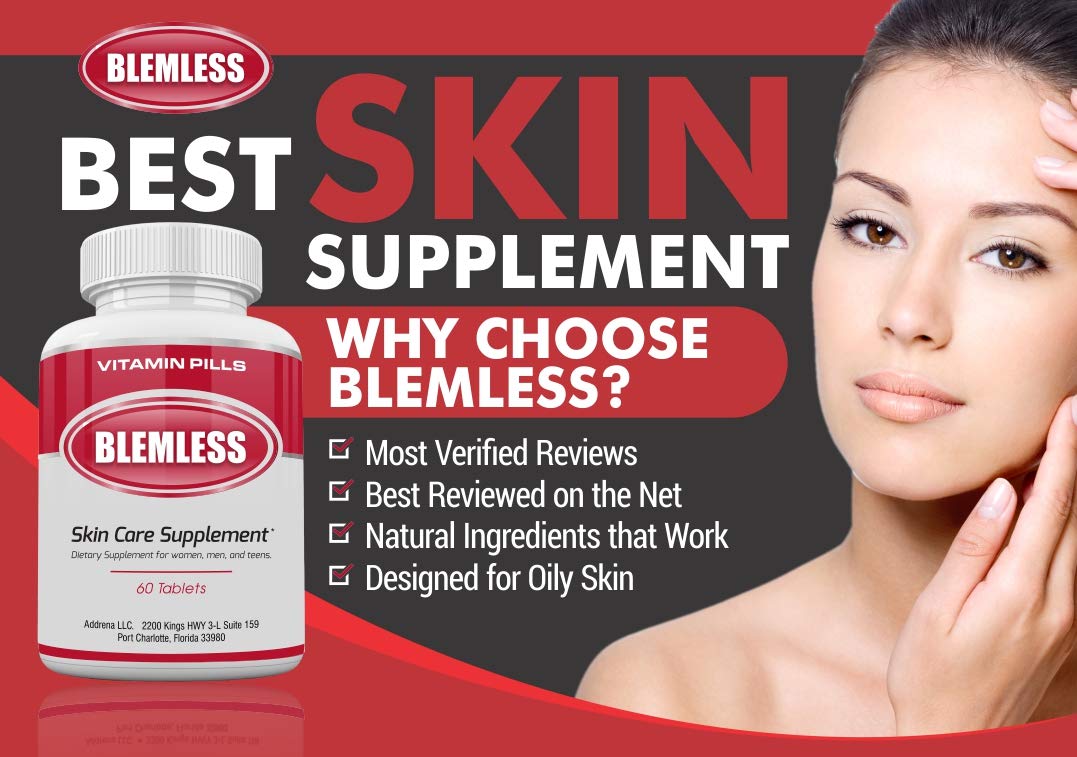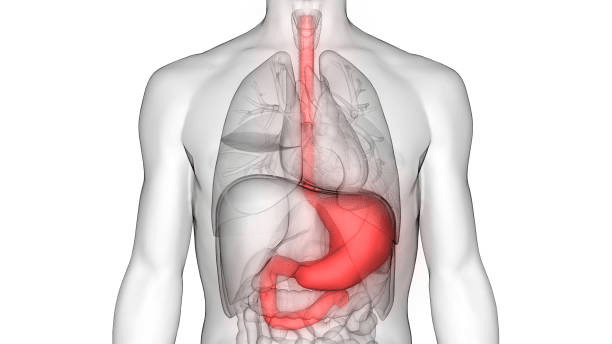In today’s post we talk about “Supplements For Acne Prone Skin“…
If there’s one thing a lot of people don’t like, especially teenagers, it’s facial acne or zit’s.
It really doesn’t matter if you are a male or female. The last thing you want to grapple with is an annoying acne skin breakout.
There’s is just something about whiteheads and blackheads that destroys people’s confidence.
Fortunately for you, there are a number of successful ways to help fight those loathsome pimple breakouts, and we discuss them in this post.
With all of the best topical acne medications, best sellers in skin care serums and the best vitamins for acne now days, you should be able to clear up any random blemish eruption, with relative ease.
There was a time when people didn’t have a clue how to deal with acne and pimples. And they didn’t have access to some of the best products from Clearasil and Proactive Skincare.
Are you currently doing everything you possibly can to prevent an acne skin breakout?
Well, if you are, and you have read this far, read on to find out “What are the best vitamins to take to control acne and oily skin breakouts”…
The Best Vitamins For Your Acne:
Vitamin A
Vitamin A is a powerful antioxidant… commonly known as Retin-A. Dermatologists and other professional people who deal with acne and oily skin breakouts have been using this for many years. Simply to help treat skin problems, including acne.
The powerful properties of Vitamin A as an antioxidant, will act as an anti-inflammatory and help to control skin redness, or soreness caused by Acne.
Vitamin A performs essential functions within the body, and having a low level of this vitamin can bring on an acne attack. So it’s important to get adequate amounts of this essential vitamin from the food you eat daily.
Vitamin A food sources are squash, sweet potatoes, and carrots. Broccoli and spinach are good sources to, as are yellow and orange fruits and vegetables. Don’t forget cod liver oil as a valuable source.
Zinc
Zinc is a very powerful mineral and performs a multitude of essential functions within the body, day by day. It never lets up. It’s certainly one of the most important of all minerals found within a healthy body.
The RDA (recommended daily amount) for women in the UK is about 7 mg. And for men it is slightly more at 9.5 milligrams or thereabouts.
If you happen to be suffering with Acne, or skin breakouts in general, it’s a given that you are probably low on your zinc levels. And maybe you need to increase your amounts by eating foods that are a good source of zinc.
Foods like nuts, oatmeal and seeds, whole grains, beans, oysters if you like them and lean meats. Dairy products like milk, yogurt and cheese etc. Also seafood such as lobster and crab.
Now there is a good selection there to choose from, to help you boost your zinc levels.
You can make some very healthy meals out of any of those food groups… and get your daily zinc levels topped up, in order to help stop or control any acne pimple complaints.
Today there are some very effective vitamins available to take for acne breakouts. And topical skin creams that do the trick quite nicely, thank you.
And while many people just don’t associate vitamins with acne clearing, they really should.
Whether you know it or not, proper nutrition and hormonal balance will play a major role in reducing your annoying, acne breakouts.
Vitamin D
If you know anything about the role Vitamin D plays within the body then you will be aware that it is an essential vitamin. It performs vital functions every day of your life such as helping your body absorb calcium, for example.
It will also perform another important role such as helping to fight off germs. Such as those that occur or develop during an acne attack or breakout.
People who are suffering with acne tend to have lower amounts of Vitamin D in their system, than those who do not have the condition. So topping up your daily Vitamin D levels is looked upon as something worth in order to help maintain a healthy skin condition.
Sunshine is a free way to help top up your Vitamin D levels… So going for a walk outdoors is a good way to boost your levels, as a result of the increased exposure to sun’s ultraviolet light.
Vitamin D can also be sourced in the following food groups such as milk and cheese products. The fish groups of foods is another good source such as salmon, tuna, mackerel and other fatty fish.
Eggs are a great source as are different varieties of mushrooms. You can also top up your vitamin amounts during breakfast by having a healthy breakfast cereal with your favourite fruit juice.
There are many different food groups that contain Vitamins A, D and the Zinc mineral. By improving your levels of all three of these can play a part in helping to improve your skin condition.
And this may help to minimize the chances of you having a more serious skin breakout.
The Best Supplements For Acne Prone Skin:
BLEMLESS – Highly Recommended Product For Hormonal Acne 
The healthier it is that the food you eat, and that you take care of your body, each day, the less likely your skin is to breakout. And that’s the honest truth.
In other words, preventing pimples is not just about cleansing your skin daily, and using topical prescription acne products.
If you’ve never considered taking vitamins for acne breakouts, maybe it’s time to give it some thought?
And while you should continue to eat as healthy as possible, exercise and employ a daily grooming routine that works for your particular skin type, you might also think about taking the best vitamins to help control potential acne breakouts.
If you want you can learn more about Acne and vitamins by clicking here…
For your information, your skin is the largest organ you have. Naturally it requires essential vitamins in order to look healthy and smooth.
You see, what you take into your body… or what you consume or eat each day will ultimately affect your skin’s health, and the rest of your bodies internal organs and cells.
Click here to buy Blemless Skin Care Supplement On Amazon and get superfast delivery…
V55 MAX Salicylic Acid Cream
V55 Max Double Strength Acne Cream – Highly Recommended For Acne Prone Skin
V55 Double Strength Cream is very effective at combating and preventing clogged pores on the skin. This will help in a big way to minimize the chances of you experiencing an acne skin eruption or breakout.
The cream is perfect for people who are prone to attacks from acne. This product is very safe to use and will help remove dirt, oils and excess sebum from your skin.
A Paraben free product and with no harsh chemicals used in it’s manufacture, and is cruelty free. If you have sensitive skin consider using the standard V55 Cream before trying the double strength alternative.
Buy the V55 Standard Cream Here On Amazon And Get Superfast Delivery…





















